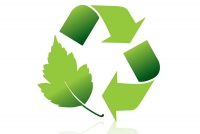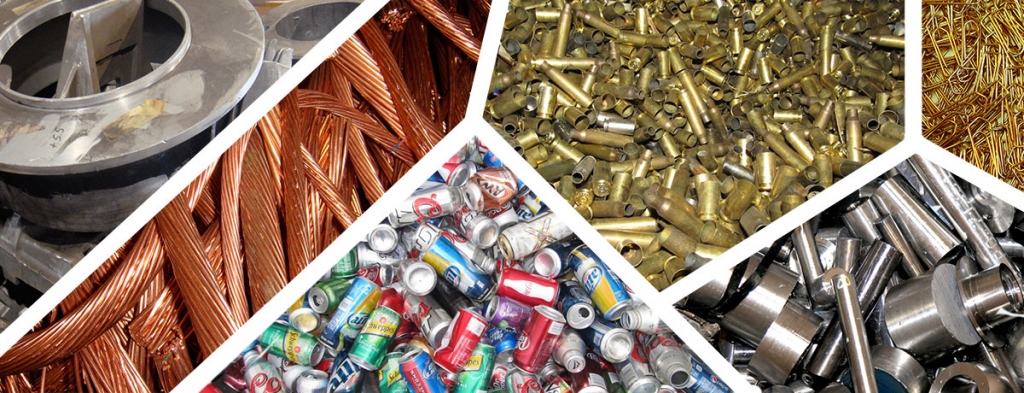Ecology

Global economy is based on the high consumption of natural resources. The main driving forces of resource consumption are economic growth, technological progress and the change in the models of consumption and production. About one-third of the resources used become waste and harmful emissions. Housing construction, food and mobility hold the biggest share in the use of resources and have the biggest impact on environment.
Long years of waste disposal have resulted in many harmful effects on health and environment. Waste further accounts for loss of natural resources, for instance, metals, glass, plastic, etc. are recyclable and thus can save the production of primary resources for the making of new products.
This is why the reliable waste management can safeguard public health and environment and at the same time help preserve natural resources, which will then help future generations to live in a clean environment.
Conversion of raw materials into components for new products preserves valuable natural resources and reduces the amount of waste. Secondary use of raw materials means decrease using of natural resources which can be use for development of new metal compounds, such as the iron ore for steel, nickel for stainless steel or bauxite for producing aluminum.
Furthermore, recycling contributes to significant reduction of energy and CO2 emissions in production methods.





 Contact us. We will answer all your questions.
Contact us. We will answer all your questions.
